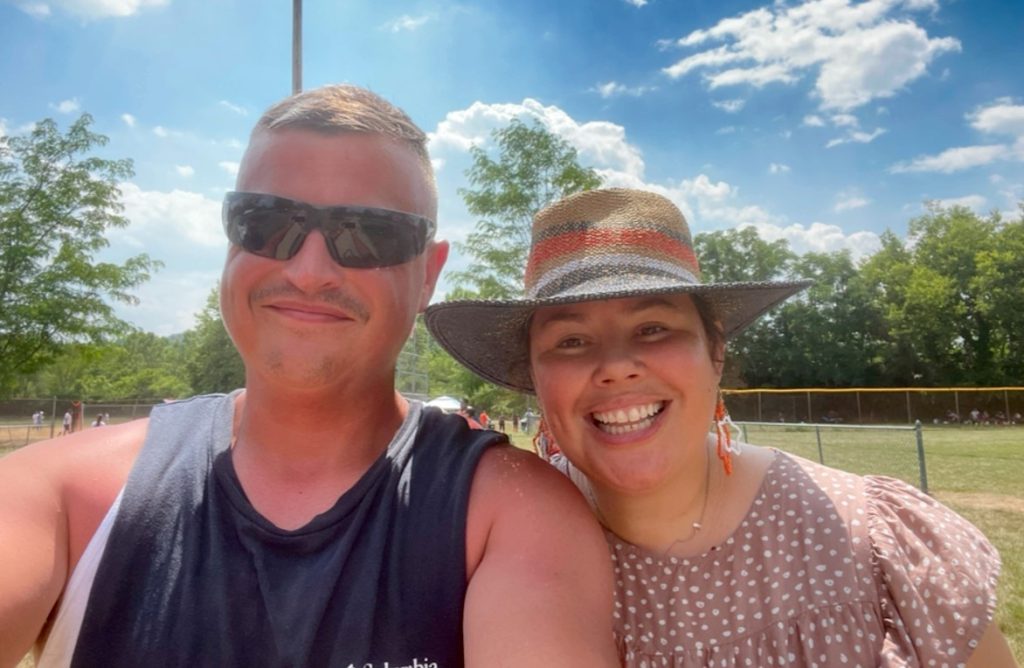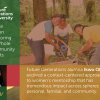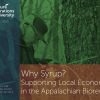
Elizabeth continued her education at Walden University, specializing in Clinical Psychology with a focus on Neurology. Her dedication to integrated healthcare and a keen interest in the evolving landscape of mental health set the stage for a career marked by passion and purpose.






